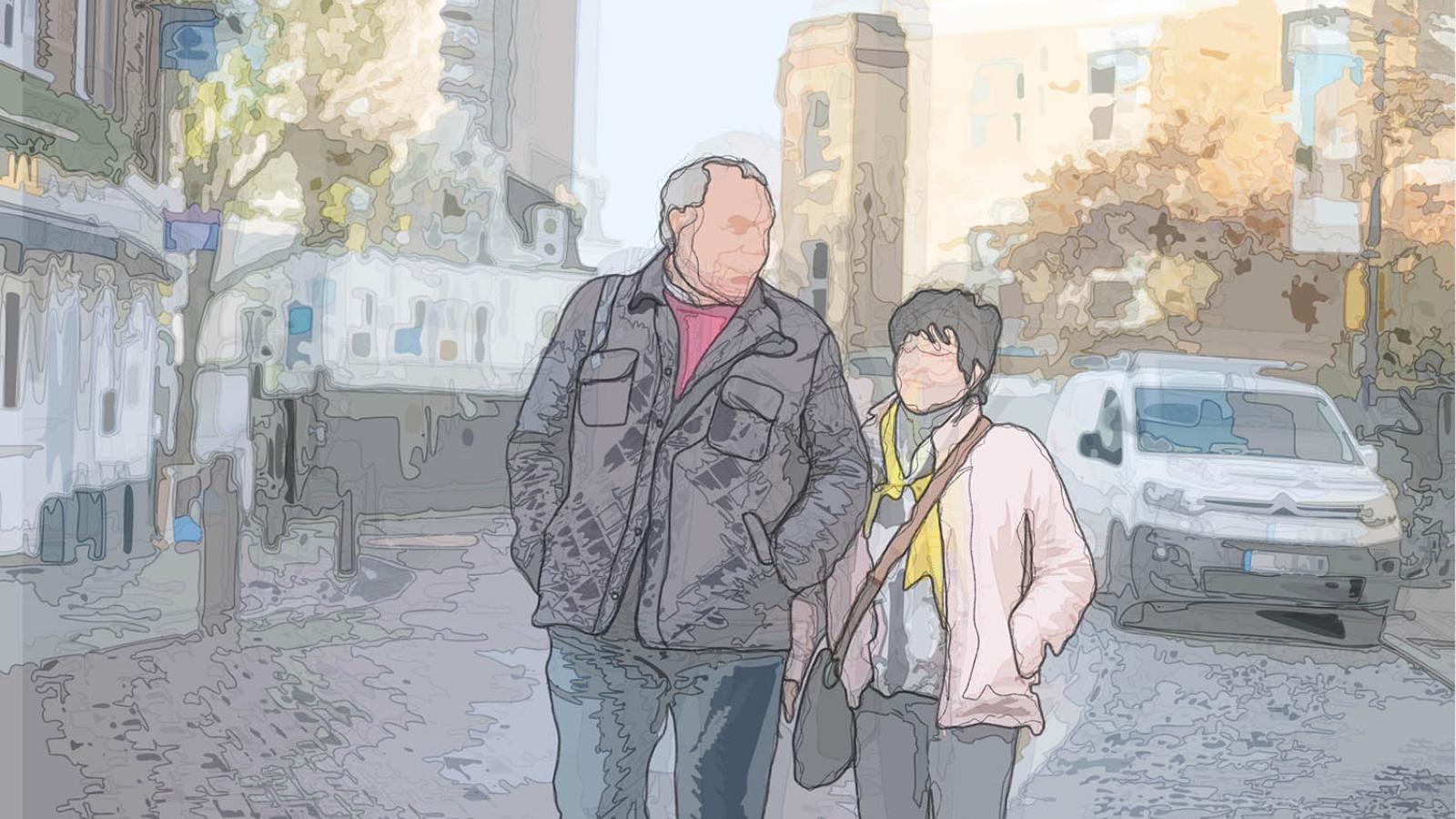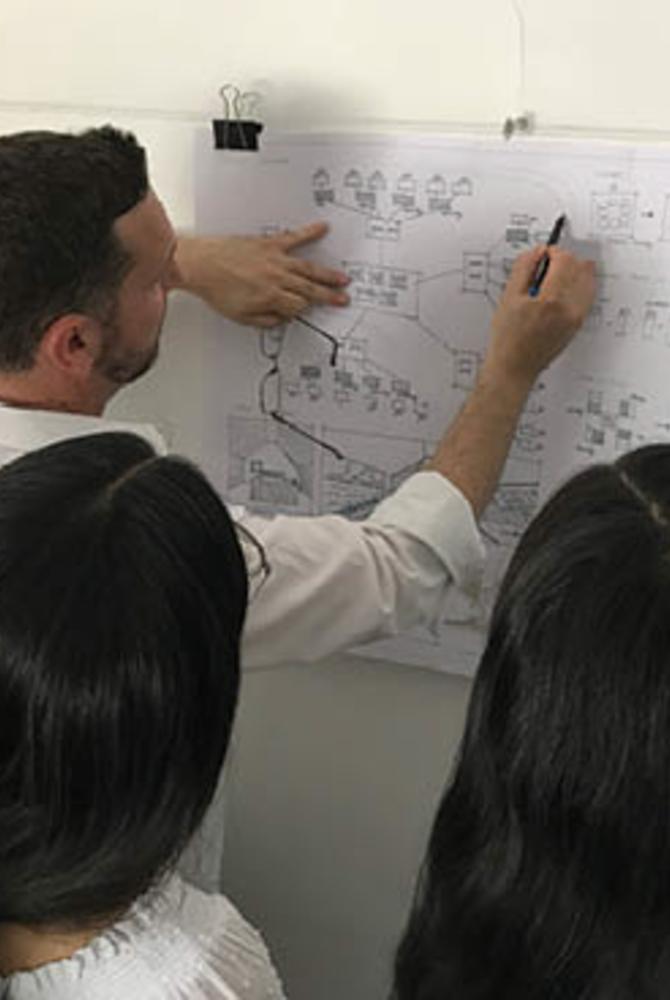By 2045, the percentage of individuals over 75 is projected to increase by 60% from current levels. This demographic shift is a global issue, prompting the growth of care models that support older adults to live independently for as long as possible, a concept known as Ageing in Place (AiP).
ESALA academics Iain Scott, Caroline Pearce and their project team are wrapping up a research project that investigated the usefulness of existing guidance to support older adults to age in place (supporting older adults to stay living in their local community which, in turn, can support their health and wellbeing).
The Place Standard tool (PST) developed by the Scottish Government provides a simple framework to structure conversations about place. The tool allows local residents and communities, architects and planners, and policymakers to think about and assess the physical elements of a place (for example its buildings, spaces, and transport links) as well as the social aspects (for example whether people feel they have a say in decision making). While there are PST iterations on climate, air quality and young people, none exist or are proposed with an age-friendly perspective.
The project was a collaboration between OPENSpace at Edinburgh College of Art, the University of Edinburgh’s Advanced Care Research Centre at the Usher Institute, partnering with Heriot-Watt and Newcastle universities. It was funded through a seed-fund grant from the University of Edinburgh.
The team hopes to secure new funding that would allow them to develop a new, improved tool built on resolving the issues that arose from their research.
Creating age-friendly places and environments
Ageing well in place requires resources like a suitable home, access to outdoor environments, social engagement opportunities, and services that enable older people to flourish.
“Evidence and policy suggest that co-produced ‘age friendly’ placemaking is necessary to create environments that enhance health, accommodate the opportunities and challenges that come with ageing, and contribute to the inclusion of older voices in local decision-making.” says Iain.
He continued “We suggest some form of co-production tool or resource is needed in this regard and would be welcomed by designers, communities and other stakeholders. Other age-friendly tools and frameworks do exist. However, they pay insufficient attention to the effects of digital technologies, and work on the effects of climate change on healthy ageing requires re-appraisal and inclusion. We also feel that a suitable tool which combines metrics with associated qualitative data is presently not available.”
Research findings
The research found that several areas need to be addressed if existing tools are to be improved.
- Accessibility of health services (e.g. primary care, pharmacy, opticians etc).
- Affordability and agency around home adaptations.
- Assessing the strength and security of informal socio-spatial support networks.
- Concern over online safety and digital service provision, citizenship and inclusion.
- Home protections and accessing key services in extreme weather.
- A perceived lack of interventions to prepare older adults for impacts of climate change.
Next steps
Further funding will allow the team to deliver an [Ageing in] Place Standard tool through co-production and consultation with communities, project partners and key stakeholders.
Research team
- Iain Scott, Senior Lecturer: ECA
- Catharine Ward Thompson, Professor of Landscape Architecture: ECA
- Sue Lewis, Senior Research Fellow: Advanced Care Research Centre (ACRC)
- Caroline Pearce, Research Fellow: ACRC/ECA
- Nusa Faric, Research Associate: School of Informatics, University of Edinburgh
- Kate Gibson, Lecturer: Newcastle University
- Ryan Woolrych, Professor: Heriot-Watt University
- Jack Robertson, Research Associate: University of Edinburgh
- Ewajesu Okewumi, Research Associate: University of Edinburgh
Project stakeholders
- Architecture & Design Scotland (ADS)
- Age Scotland
- Public Health Scotland
- Town and Country Planning Association (TCPA)
- Future Homes Alliance Community (FHAC)
- Housing Learning & Improvement Network (LIN)




